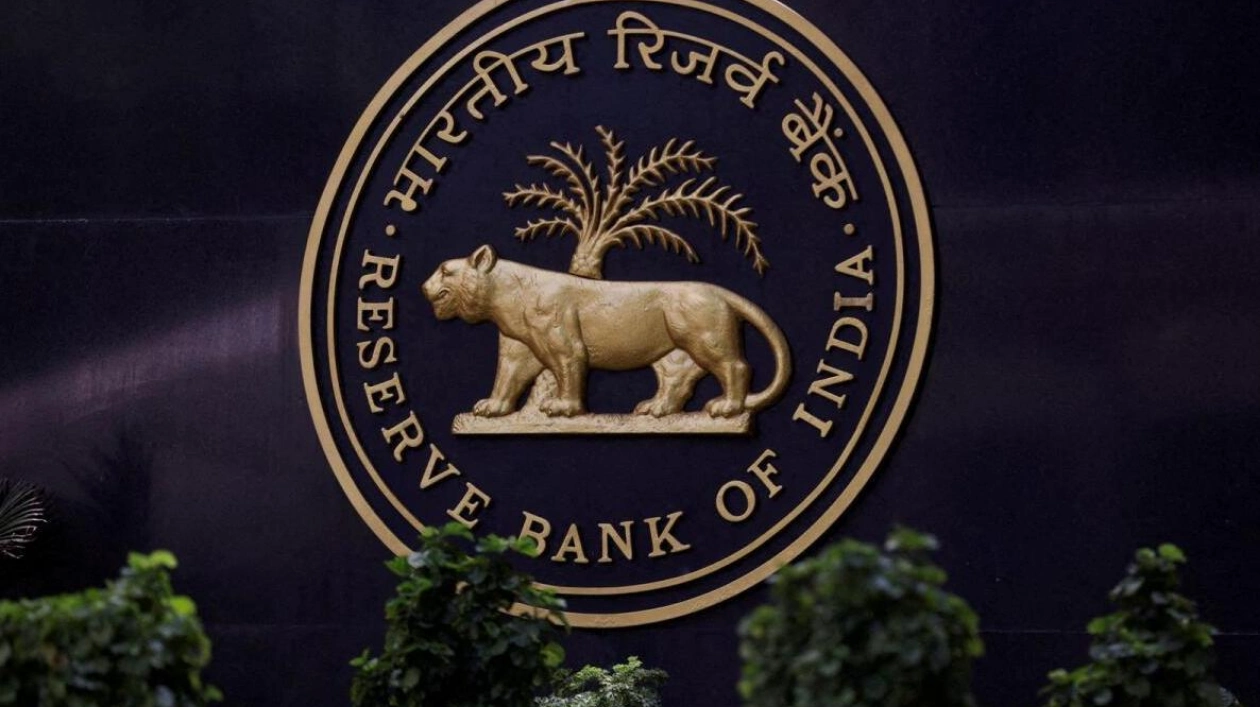The Reserve Bank of India headquarters in Mumbai. — Reuters file
Question: I have surplus funds that I wish to transfer to India. I need advice on whether to deposit them in foreign currency accounts with Indian banks or in rupee-denominated accounts. Are the tax treatments for interest earned different under these two schemes?
Answer: You have the choice to open a Foreign Currency Non-Resident (FCNR) account or a rupee-denominated deposit account. The primary benefit of a foreign currency deposit in India is that your funds remain in the same currency throughout the deposit period, and the interest earned is also in the same foreign currency. The FCNR(B) deposit offers the advantage of avoiding exchange rate risks, which have increased as the rupee has shown weakening trends over the past few months. When you withdraw your foreign currency deposit along with the interest, you will receive the same amount as initially deposited without any loss. Additionally, from December 6, 2024, the Reserve Bank of India has allowed Indian banks to offer higher interest rates on foreign currency deposits. For deposits maturing in one to three years, the interest rate will be 400 basis points above the alternative reference rate. For deposits maturing in three to five years, the interest rate will be 500 basis points above the alternative reference rate. This makes FCNR deposits highly attractive, with the higher interest rates in effect until March 31, 2025. Conversely, if you place your funds in a rupee-denominated Non-Resident External (NRE) account, you will bear the risk of exchange rate loss if the rupee depreciates at the time of withdrawal. Interest earned on FCNR deposits and NRE accounts is fully exempt from tax under section 10(4)(ii) of the Income-tax Act, 1961.
Question: I am a taxpayer in India with a Permanent Account Number (PAN). I have heard that the PAN card may now be replaced with an electronic version. As a resident of the Gulf, how will I receive this? I also need to make corrections to my personal details. Please advise.
Answer: The Indian government has decided to make the PAN the common business identifier for all digital systems of government agencies. Currently, there is a database of 780 million PAN cardholders. It has been decided to replace the physical card with an electronic version. The electronic process will eliminate cases where taxpayers hold multiple PANs. Note that no application is necessary, as the electronic version will be sent to every cardholder via email. If you wish to make corrections or updates, such as your mobile number, address, or email ID, you can use the Aadhaar-based online facility for such updates or corrections before receiving the electronic card. After receiving the electronic card, updates or corrections can be made online. The Central Board of Direct Taxes has released a document of frequently asked questions (FAQs), available on the income-tax department’s website.
H. P. Ranina is a practicing lawyer specializing in corporate and tax laws of India.
Question: While the infrastructure sector in India has made significant progress, the quality of roads and expressways needs improvement, as I recently experienced during a journey between Mumbai and Surat. Are foreign players entering this sector to establish quality infrastructure?
Answer: Most infrastructure development related to roads and expressways is currently undertaken by Indian companies. However, this may change in the near future as India is proposing to enter into an agreement with the British government to encourage UK-based enterprises to invest in sectors like roads, highways, and renewables. Major engineering companies with global experience in infrastructure projects are likely to invest in India and provide their expertise initially as project managers. There will be a two-year agreement between the two countries, which is expected to lead to a long-term partnership to meet India’s growing infrastructure needs. Most international companies require a strong regulatory framework to ensure sustainable infrastructure investment, which is now expected under the India-UK Partnership Initiative. A few global players are willing to invest funds as soon as the regulatory framework is in place. To make infrastructure projects financially viable, the entire capital expenditure incurred on the project is allowed as a deduction from profits under section 35AD of the Income Tax Act. After the agreement between India and the UK, three major projects in the roads and infrastructure sector will commence. It is expected that the quality of these projects executed by global firms will meet world-class standards.
H. P. Ranina is a practicing lawyer specializing in corporate and fiscal laws of India.
Source link: https://www.khaleejtimes.com






